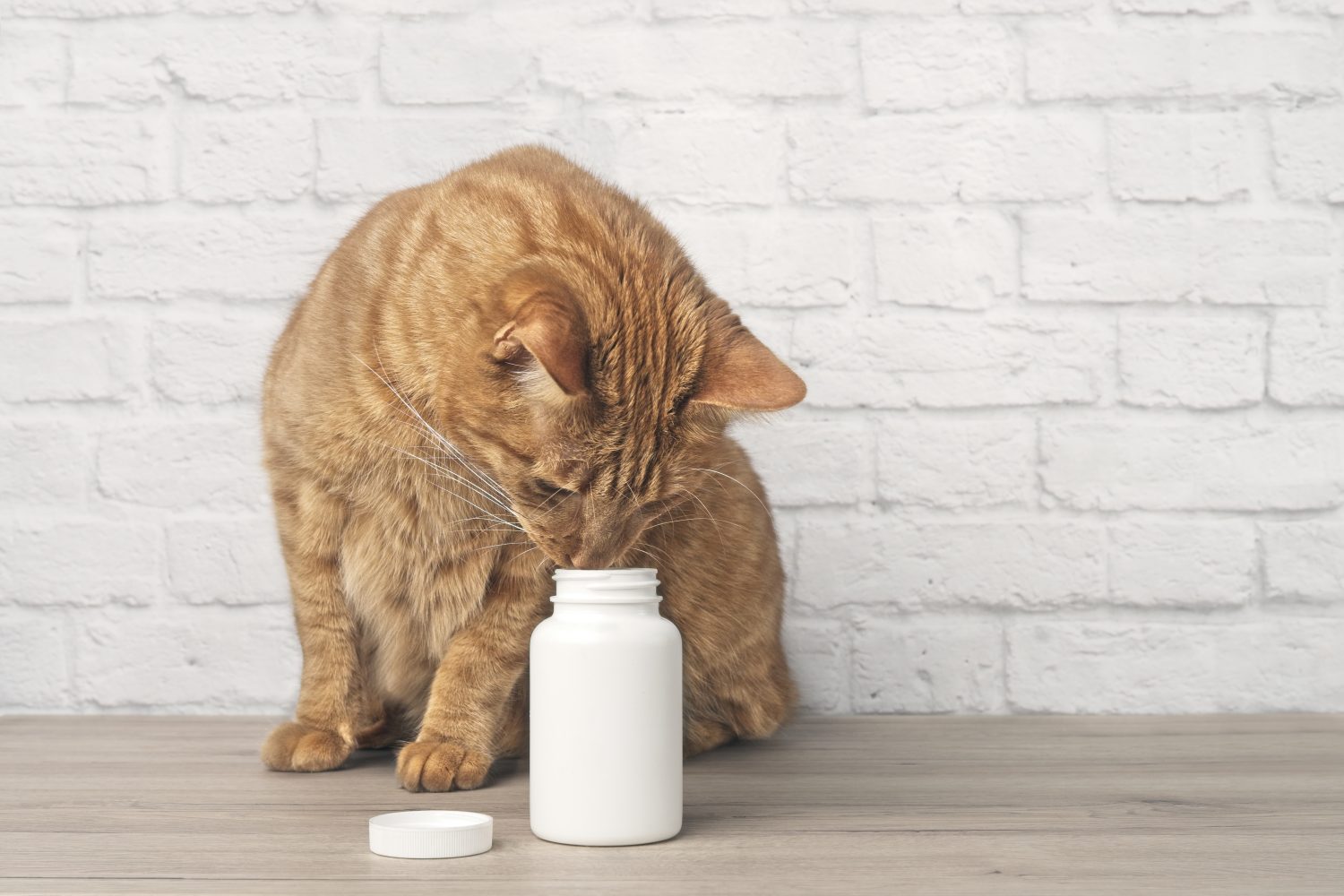Do You Know the Signs of a Pet Poisoning? They Might Surprise You
 It’s not uncommon for animals to put something they shouldn’t inside their mouths. Like human babies, they experience a great deal of the world through how something feels and tastes. Sometimes they get into things they shouldn’t simply because they’re curious, bored, hungry, or a combination of all three. Pet poisoning is a common outcome of this situation, and it can be very harmful.
It’s not uncommon for animals to put something they shouldn’t inside their mouths. Like human babies, they experience a great deal of the world through how something feels and tastes. Sometimes they get into things they shouldn’t simply because they’re curious, bored, hungry, or a combination of all three. Pet poisoning is a common outcome of this situation, and it can be very harmful.
Red Flags
Some pet poisonings come on slowly and subtly; others are more like a freight train. Always be on the lookout for these tell-tale signs of a pet poisoning:
- Vomiting
- Diarrhea
- Bloody stool
- Urination problems
- Loss of appetite
- Rapid heart rate
- Nosebleeds
- Lethargy
- Seizures
We recommend taking note of any symptoms, including the frequency and duration. If you know or suspect that your pet is in trouble, call us immediately and be prepared to transport your pet for emergency care. Always have your pet’s crate accessible and lined with comfortable blankets.
The Bigger Picture
There are various foods, medications, household chemicals, and plants that can expose pets to dangerously high levels of toxins. Always store the following products securely, as they’re common culprits for a pet poisoning:
- Prescription and over-the-counter drugs (human and veterinary)
- Known poisonous plants
- Cleaners
- Human food (chocolate, alcohol, Xylitol, raisins/grapes, etc.)
- Car products like antifreeze, de-icer, etc.
- Lawn and garden products (fertilizer and herbicides)
- Insecticides
Pet Poisoning Treatment
How we treat a pet poisoning depends on the type of toxin and the severity of symptoms. The important thing to remember is that the sooner a pet poisoning is diagnosed, the better off your pet will be.
Inducing vomiting can often help reduce the effects of a poisoning, but IV fluids and additional treatments may also be required to support a positive prognosis. The liver, kidneys, heart, brain, and lungs can be severely altered by toxins. We strive to reduce the long term effects so your pet can recover and continue to live a long, healthy life.
Please let us know if you have any questions or concerns about pet poisonings or how you can decrease potential exposure by managing your pet’s environment.

